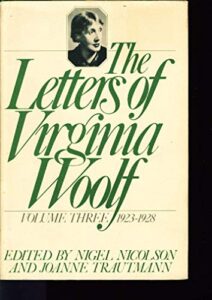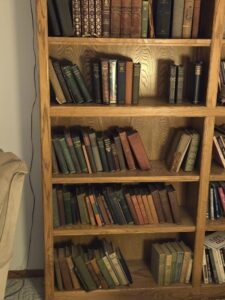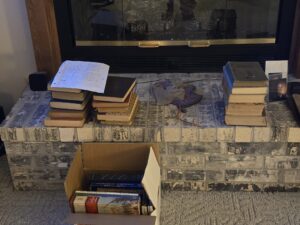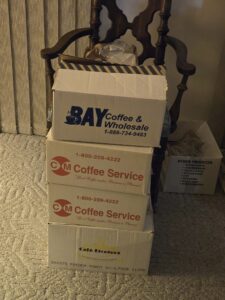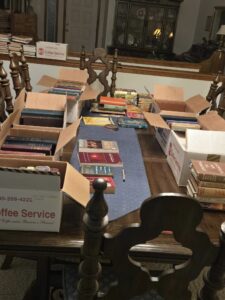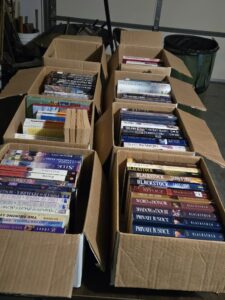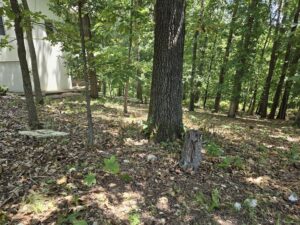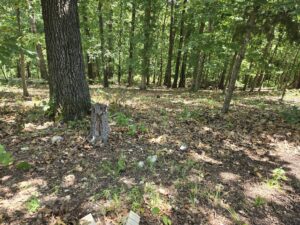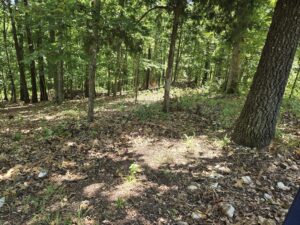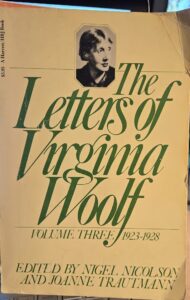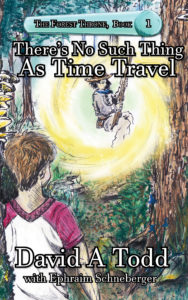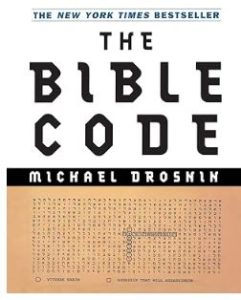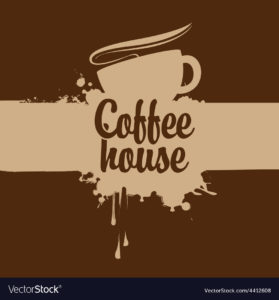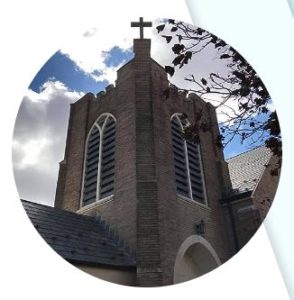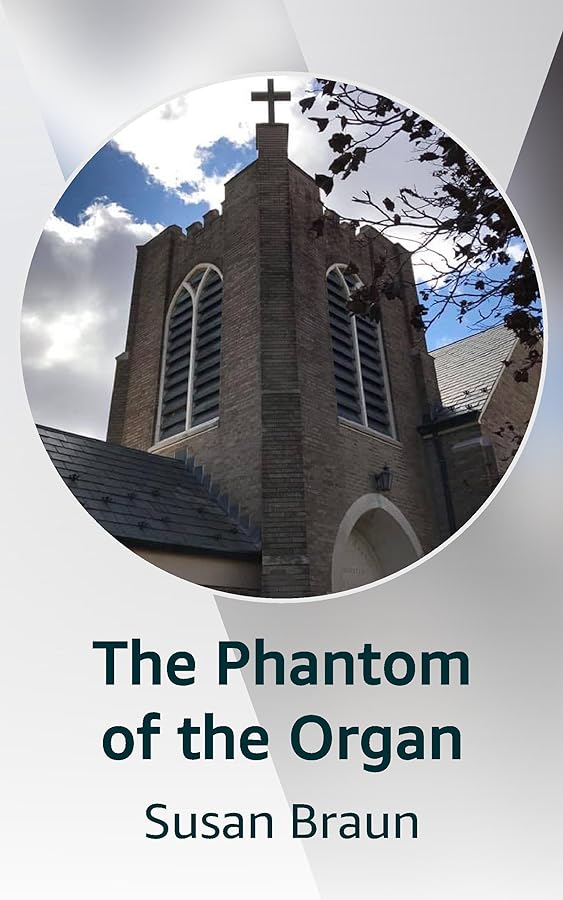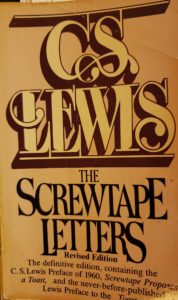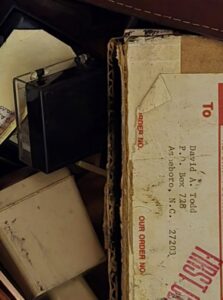
The main work I’m doing now—work at home that is, but not including my writing and stock trading work—is shedding possessions in anticipation of future downsizing. It’s wearying work. Not so much physically wearying, but mentally so. For a couple of months we’ve been pulling books from the basement and listing them for sale on Facebook Marketplace. We’ve sold a fair number, though have many more to go.
We have cleared out a fair number of things. We donated 400 children’s books to a church function. With our son’s and daughter’s help, on separate trips here, we took at least three loads of donation stuff to Goodwill. That included some odd pieces of furniture.
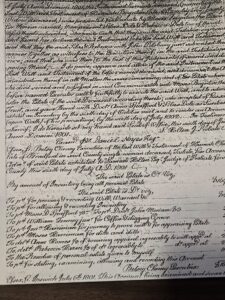
One thing I was doing, but which was delayed by my hospitalizations and recuperation, was scanning my genealogy papers, saving them electronically in a retrievable manner, and getting rid of the paper files. This week I got back to that project, and over three days got rid of around 50 sheets. Some of those sheets were probate records from Massachusetts in the 1600s and 1700s that I had my son research years ago. The sheets are difficult to read, and I don’t really remember how some of the people fit into our family tree. I’ll have to transcribe the probate documents and figure out exactly who the people are (ancestors or relatives). That’s something I can do from the electronic files better than the paper files, because I can enlarge the e-docs and read them easier. But when will I ever take the time to do this additional step?
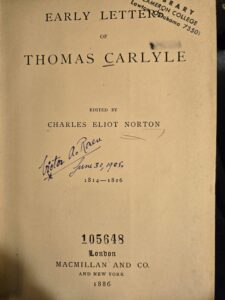
Another thing that we did in the storeroom was pull out our daughter’s old bedroom set, unused for at least 10 years, and little used for 20 years before that. We snapped some photos and I listed it for sale. Only one person showing interest so far.
With the bedroom set pulled out and on display, this allowed me to reorganize stuff. I moved an old entertainment center and restacked stuff around it. That allowed me to see what stuff we have, and gave me an idea of what we can get rid of soon with the greatest reduction in volume. Those would be the old VHS tapes.
Some of the things I’m going through are cutting deep. In a box of things I brought home from the office, I found my professional engineer seals. It took me a few minutes to make the decision to put them in the trash. The seals meant a lot to me when I was a practicing engineer, but that ended close to four years ago (retirement followed by two years on retainer. I also found a large roll of discarded engineering drawings that I salvaged with the intent of using the backs to draw big genealogy charts. But I now know that’s not going to happen, so the paper roll is moved to recycling staging. Last week I tossed twenty-five years of continuing education certificates and a couple of stacks of my old business cards. Next will be my many organization membership and annual licensing cards.
One big space keeper is my old stamp collection. After years of storing it in the storeroom, I’ve decided to get rid of it. I don’t know if it has any value these days. Does anyone still collect stamps? Are dealers out there and are they buying? Or is it possible to find a private collector? So much work to do.
Downsizing, which requires dis-accumulation, has become more important now that I’ve had health issues. My recovery from heart surgery is going well (including three days a week in cardio-rehab), recovery from my last stroke less so. But clearly my health is not what it was a year ago. We’ve got to cut deeply into our possessions, got to. We are leaner than we were a year ago, and significantly leaner than we were four years ago. But we have much much more to do.
All this is quite wearying. Dealing with the genealogy papers is more wearying than anything. Each piece of paper I toss in the recycling basket feels like I’ve parted with something I should keep, something that someone among my descendants may want or benefit from someday. Ah, well, in the future the Internet will contain so many records and resources that my paltry files may have no value.
Tonight, after dealing with books for about an hour, I pulled two genealogy notebooks off the closet shelf and went through them. They were mostly forms for copying information on. I kept two of each kind of sheet and discarded the rest. I did keep any lined sheets without writing on the front or back (maybe 20 of them), as who knows what I could use them for someday.
